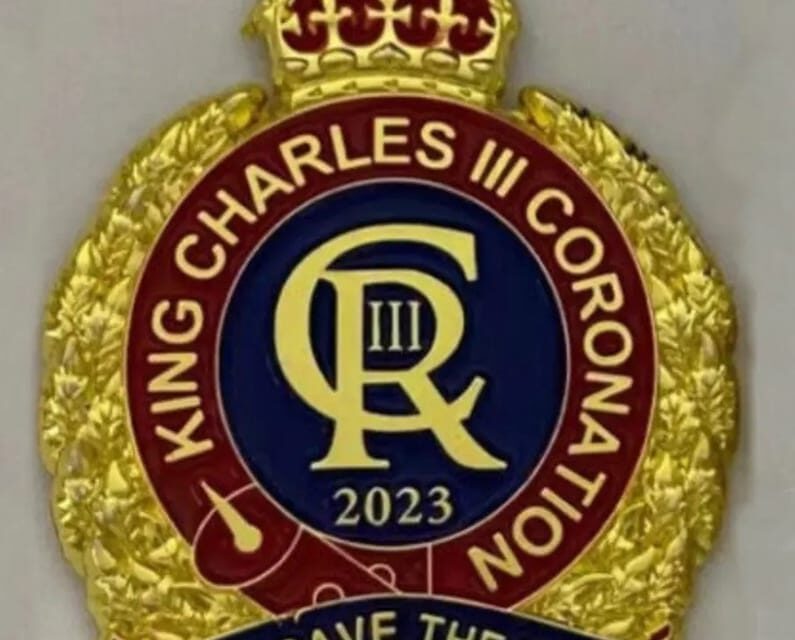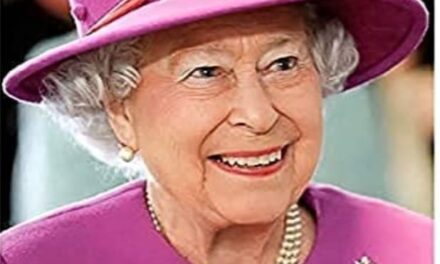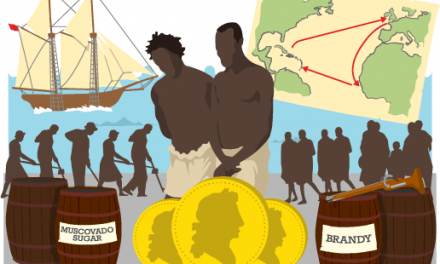“God Save the King.”
In prayerful preparation to watch a coronation ceremony 70 years after the last ceremony in Britain, we hope for spiritual renewal. However, the increasing tensions between modernisation and church tradition also bring to prayer focus the British Christianity of the Coronation designed to maintain the laws of God and the true profession of the Gospel. The liturgy of the British Christianity of the Coronation is centered on the King’s upholding and maintaining the church’s biblical doctrine, worship, discipline, and government. Using the words of Martyn Percy, the Bible and the Christianity of the Coronation warns against the risk of ”the glorification of glory itself… Maintaining neutrality simply to preserve unity can legitimize oppression.” [1]
Today, the need to rescue the “World Christianity” from ”its unquestioned Eurocentric domestication” and neutrality resonates with the British Christianity of the Coronation. Moreover, the place of the Bible in the British Christianity of the Coronation suggests a catalyst in the growth and renewal of British Christianity and, by implication, the role of the Bible and the King’s Coronation in British life and practice. There is, therefore, the need to avoid the risks of canon law clashing with the desire for a modernised multi-faith King’s Coronation ceremony.
Professor Lamin Sanneh, in his paper, ”Post-Western Wine, Post-Christian Wineskins? [2] presented at the launch of the Andrew F. Walls’ Centre for the Study of African and Asian Christianity, points us to the foundation of the current grave tensions between modernisation and church tradition. In contrast to the unique place of the Bible in Western and post-Western Christianity, the waning influence of the Bible in the post-Christian West is no longer on the divine encounter but now on a multi-faith agenda and advantage. The British Christianity of the Coronation speaks eloquently and rightly of God’s work and faithfulness in history, leaving and spreading local and global mission footprints. However, the waning contemporary history and decline of the church in the West cause alarm with emerging multi-faith strongholds and leadership, especially in the United Kingdom.
The increasing inclusion and diversity challenges in our society that are not growing or spreading Christianity enhance post-Western and post-Christian wineskins that decline Christianity. The Christianity of the Coronation reminds us that the missional and theological models of Christianity have presented it as a closed-circuit religion whose main pathways of communication and authority have been laid in the trusted channels of the Western canon’ shaped by the Bible.’ It is sad that when other faith leaders recognised the Christian nature of the Coronation ceremony, tensions and pressures still existed to please other faiths with ‘a fundamental shift in the relationship between Church and Crown.’ Sir Iqbal Sacranie, the former founding Secretary-General of the Muslim Council of Britain, said: ”It is appropriate the formal, ritualistic prayers of the Coronation ought to be Anglican as the King is from the Anglican faith. Pradip Gajjar, a Hindu leader, said: ”This is a Christian ceremony for a Christian King. I don’t see a problem with that.’ [3]
As an ancient anointing ceremony dating back more than 1,000 years, there is a need to rescue the Christianity of the Coronation from multi-faith dilutions, all in the name of diversity. Do we allow this country’s Christian history and legacy to decline in the name of inclusion and diversity? The idea of reaching out to other faith must not be at the expense of Christian spirituality, witness, and fundamental nature of the Coronation. The Coronation Oath Act of 1688 requires the King as the Supreme Governor of the Church of England to declare he will maintain the established Anglican Protestant Church just as ”the Bill of Right Act 1688, modified by the Accession Declaration Act of 1910,” required the King ”to declare at either his Coronation or at the first State Opening of Parliament that he is a ”faithful Protestant” and will ”secure the Protestant succession.”
Dr. Gavin Ashenden, a former Chaplain to the Queen, aptly warned the King against seeking any fundamental change to the Christian Coronation. He states, ”The King derives his authority and position from being a Christian monarch in keeping the history of this country.” Catherine Pepinster, a religious affairs commentator, said, ”Anglican canon law effectively rules out representatives of other faiths being actively involved in services if those faiths do not accept the Holy Trinity of Christian doctrine – the Father, Son, and Holy Ghost.”
The King’s Coronation, beyond being ”an Anglican ceremony as well as a constitutional event,” is about bringing the Christian faith to the forefront. Justin Welby, the Archbishop of Canterbury, who will officiate at the ceremony, and the Archbishop of York, Stephen Cottrell, said the Coronation ‘at its center is a Christian service… rooted in a long-standing tradition and Christian symbolism.” The significance of the King’s Coronation oath is about the commitments of the King to the people and ”the Christian symbolism of the regalia.’ ‘ [4] Just as the Coronation Oath Act of 1688 required the King to declare he would maintain the established Anglican Protestant Church, ”the participation of non-Christian faith leaders should be restricted to them just being present in Westminster Abbey and taking part in the procession. The Bible and the British Christianity of the Coronation remain a distinct missional and renewing spiritual tradition. As an ”occasion for national civic and spiritual renewal, let us pray that the Christianity of the Coronation must not become ‘a spotlight on the deepening dissonance, diversity, and division that afflict British society.’ [5]
[1] Percy, Martyn, https://www.prospectmagazine.co.uk/society/60516/why-charless-coronation-could-be-a-spiritual-flop
[2] Sanneh, Lamin, Post-Western Wine, Post-Christian Wineskins? The Bible and the Third Wave Awakening, presented at the launch of the Andrew F. Walls Centre for the Study of African and Asian Christianity at Liverpool Hope University, UK, on May 24, 2008.
[3] https://www.dailymail.co.uk/news/article-11952937/Charles-odds-Church-England-role-faiths-play-Coronation.html
[4] https://www.dailymail.co.uk/news/article-11952937/Charles-odds-Church-England-role-faiths-play-Coronation.html
[5] Percy, Martyn, https://www.prospectmagazine.co.uk/society/60516/why-charless-coronation-could-be-a-spiritual-flop











Recent Comments